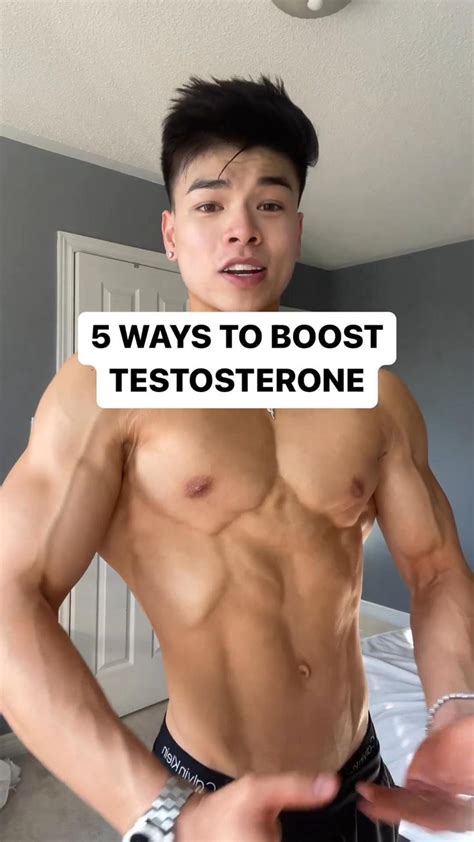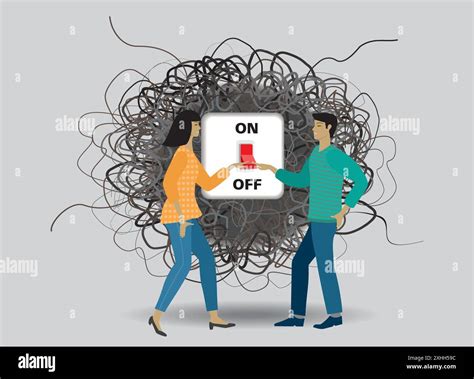Actionable tips to optimize male testosterone & energy for peak performance?

Optimizing male testosterone and energy levels is crucial not only for physical vitality but also for mental sharpness, mood regulation, and overall quality of life. Low testosterone (Low-T) can manifest as fatigue, reduced libido, difficulty building muscle, and mood swings, significantly hindering peak performance. The good news is that many factors influencing testosterone and energy are within your control. By making targeted lifestyle adjustments, you can naturally enhance these vital hormones and unlock your full potential.
The Foundation: Dialing In Your Diet & Nutrition
What you eat directly impacts your hormonal balance and energy production. A well-rounded diet is fundamental for testosterone synthesis and sustained energy throughout the day.
- Prioritize Healthy Fats: Cholesterol is a precursor to testosterone. Incorporate monounsaturated and polyunsaturated fats from sources like avocados, nuts, seeds, olive oil, and fatty fish (salmon, mackerel). Aim for a balanced intake of healthy fats, avoiding excessive trans fats.
- Adequate Protein Intake: Protein is essential for muscle repair and growth, which indirectly supports testosterone. Lean meats, poultry, eggs, dairy, and plant-based proteins like legumes and quinoa should be staples.
- Focus on Micronutrients: Key vitamins and minerals play a direct role in testosterone production. Zinc (oysters, red meat, pumpkin seeds), Vitamin D (sunlight, fatty fish, fortified foods), and Magnesium (leafy greens, nuts, dark chocolate) are particularly important.
- Limit Processed Foods & Sugar: These can lead to inflammation, insulin resistance, and weight gain, all of which negatively impact testosterone and energy levels.

Elevate Through Movement: Exercise Strategies
Physical activity, particularly certain types of exercise, is a powerful natural testosterone booster and energy enhancer.
- Strength Training: Lifting heavy weights (compound movements like squats, deadlifts, bench presses) has been consistently shown to increase testosterone levels. Aim for 3-4 sessions per week, focusing on progressive overload.
- High-Intensity Interval Training (HIIT): Short bursts of intense exercise followed by brief recovery periods can also stimulate testosterone production and improve cardiovascular fitness and energy efficiency.
- Avoid Overtraining: While exercise is good, excessive or prolonged high-intensity training without adequate recovery can actually suppress testosterone and lead to chronic fatigue. Listen to your body and incorporate rest days.
The Power of Rest: Sleep Optimization
Sleep is where your body repairs, recovers, and produces hormones. Chronic sleep deprivation is a major culprit for low testosterone and persistent low energy.
- Aim for 7-9 Hours: Most men need 7-9 hours of quality sleep per night. Even minor reductions in sleep can significantly impact testosterone levels.
- Maintain a Consistent Schedule: Going to bed and waking up at the same time each day, even on weekends, helps regulate your circadian rhythm, optimizing hormone release.
- Improve Sleep Hygiene: Create a cool, dark, and quiet bedroom environment. Avoid screens an hour before bed, limit caffeine and alcohol in the evening, and consider relaxation techniques.

Mastering the Mind: Stress Management
Chronic stress elevates cortisol levels, a hormone that has an inverse relationship with testosterone. High cortisol can suppress testosterone production and drain your energy reserves.
- Practice Mindfulness & Meditation: Even 10-15 minutes a day can significantly reduce stress and lower cortisol.
- Engage in Hobbies: Pursue activities you enjoy to take your mind off stressors and promote relaxation.
- Prioritize Self-Care: Make time for activities that replenish your energy, whether it’s reading, spending time in nature, or connecting with loved ones.
Smart Lifestyle Choices for Hormonal Health
Beyond diet, exercise, and sleep, several other lifestyle factors play a role in optimizing testosterone and energy.
- Limit Alcohol Consumption: Excessive alcohol intake can interfere with testosterone production and metabolism in the liver.
- Avoid Endocrine Disruptors: Exposure to certain chemicals found in plastics (BPA, phthalates), pesticides, and personal care products can mimic hormones and negatively impact your endocrine system. Opt for natural alternatives where possible.
- Get Sunlight Exposure: Regular, safe sun exposure helps synthesize Vitamin D, which is critical for testosterone.
- Maintain a Healthy Weight: Excess body fat, particularly around the abdomen, can lead to increased estrogen conversion and reduced testosterone.

Targeted Supplementation (Use with Caution)
While a whole-food diet should be your primary focus, certain supplements can help fill nutritional gaps, but always consult with a healthcare professional before starting any new regimen.
- Vitamin D3: Many individuals are deficient, and supplementation can significantly boost testosterone.
- Zinc: Especially for those who are deficient, zinc can support testosterone levels.
- Magnesium: Contributes to better sleep and can help increase free and total testosterone.
- Ashwagandha: An adaptogenic herb that may help reduce cortisol and slightly improve testosterone in some men.

Conclusion
Optimizing male testosterone and energy for peak performance isn’t about quick fixes; it’s about adopting a holistic approach to your health. By consistently implementing strategies for a nutrient-dense diet, effective exercise, restorative sleep, mindful stress management, and smart lifestyle choices, you can naturally elevate your testosterone levels and boost your energy, empowering you to live life with renewed vitality and achieve your highest potential. Always consider consulting with a doctor or endocrinologist for personalized advice, especially if you suspect a significant hormonal imbalance.









